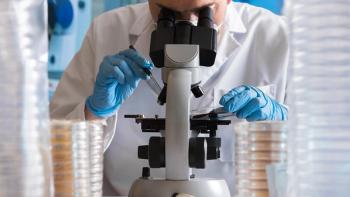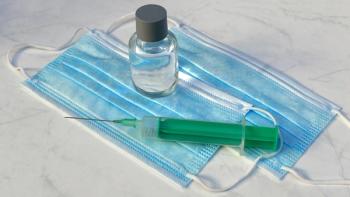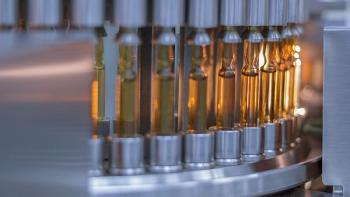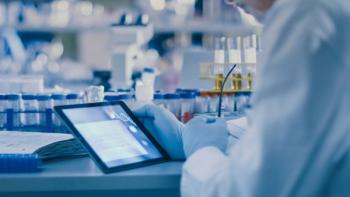
Bio/Pharma companies are galvanized to develop COVID-19 therapies under FDA’s acceleration program.

Bio/Pharma companies are galvanized to develop COVID-19 therapies under FDA’s acceleration program.

Recent industry guidance aims to anchor rapid COVID-19 vaccine development in good manufacturing practice protocols.

Analysts should understand how a monograph, together with the associated general notices and general chapters, relate to their responsibilities under good manufacturing practices.

AFI representatives of the process validation working group explore and define key elements for an enhanced approach to process validation for sterile liquid and freeze-dried forms.

For planned acquisitions or licensing, careful analysis of CMC factors ensures no problem areas are overlooked.

The IQ Consortium marks a decade of impactful innovation of collaboration through a network of pharmaceutical companies driving change for the bio/pharmaceutical industry.

Building employee participation and forming good habits contribute to a company-wide quality culture that pays off.

The UK's MHRA has joined the Australia-Canada-Singapore-Switzerland (ACSS) Consortium of regulators.

Find links to pertinent regulatory and standard setting resources, guidance documents, and guidelines.

Connect with pharmaceutical and healthcare regulatory authorities around the world via this directory.

The guidance provides recommendations for data and information needed to support an EUA for COVID-19 vaccines.

The agency sent an open letter to European Ombudsman Emily O’Reilly affirming the agency’s intention to apply the same standards to the evaluation of COVID-19 treatments as it does to other medicines.

The European Medicines Agency has started a rolling review of AstraZeneca’s COVID-19 vaccine.

The agency published recommendations for the development of drugs and biologics for the adjuvant treatment of renal cell carcinoma.

Automation, digitalization, and supply-chain strategies help mitigate vulnerabilities in both autologous and allogeneic cell therapy manufacturing.

Symbiosis has successfully completed a scheduled inspection by MHRA.

Fill/finish inspection for vaccine vials and syringes must remain GMP-compliant while aiming for fast, efficient methods.

A data-integrity risk assessment tool has been developed for use with standalone R&D data-acquisition and processing software.

Best practices to consider when transitioning from research-grade to GMP-grade materials.

The approval of Nucala (mepolizumab) for treating hypereosinophilic syndrome represents the first drug approved for this group of rare blood disorders in nearly 14 years.

Drug shortages and supply chain challenges bolster FDA efforts to promote modern manufacturing.

President Trump announced a revised initiative designed to reduce what consumers pay for prescription drugs, while also promising to protect coverage for pre-existing health conditions.

Telstar has reinforced its consultancy service to aid pharmaceutical companies in the compliance of the latest version of the EU GMP Annex 1 guidance.

FDA and EMA have accepted the biologics license application and marketing authorization application, respectively, for bimekizumab.

A strategic serialization partnership has been announced by advanco and Syntegon, aimed at tackling the global issue of counterfeit drugs.